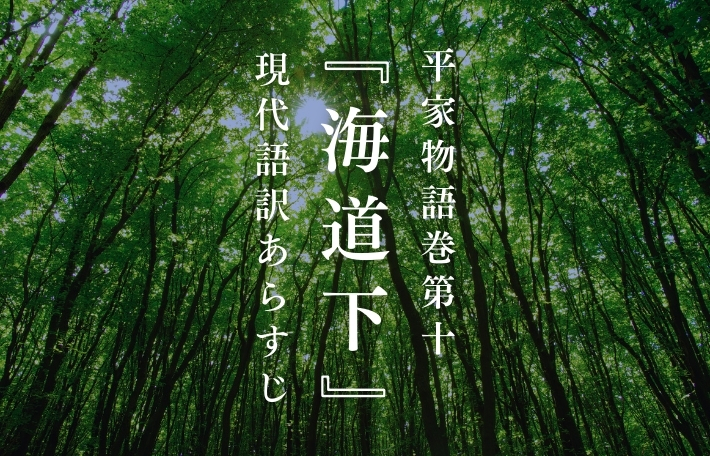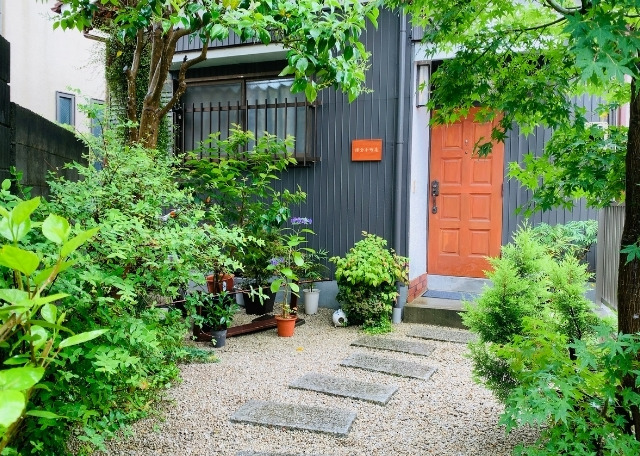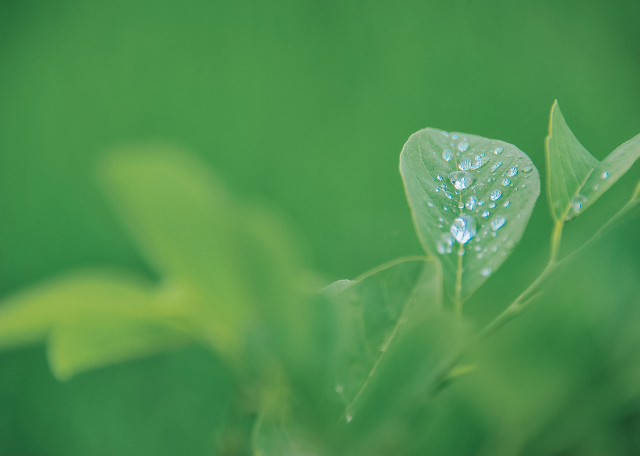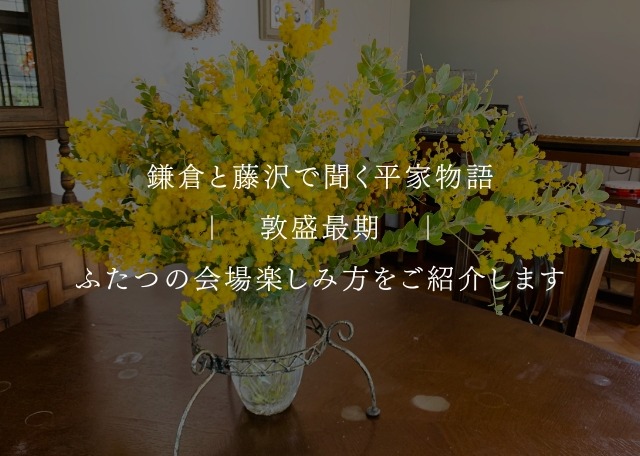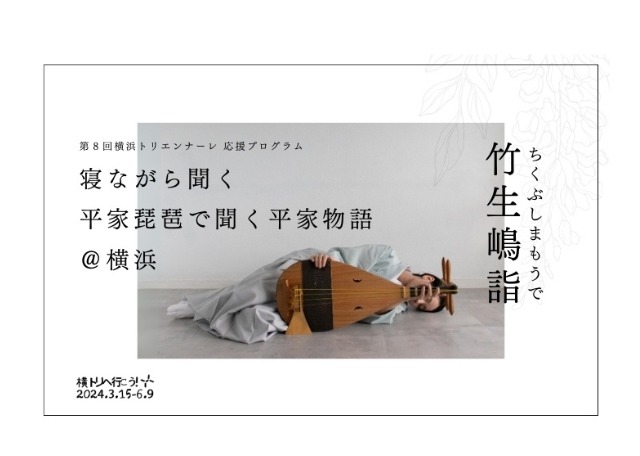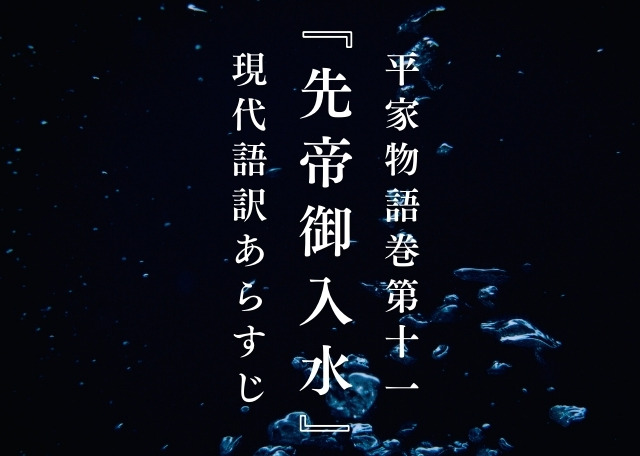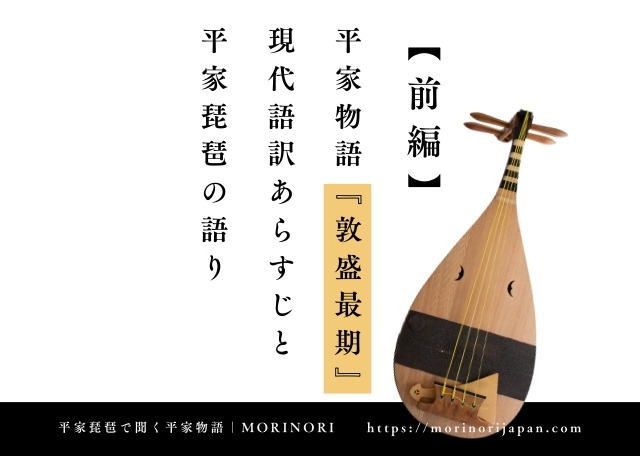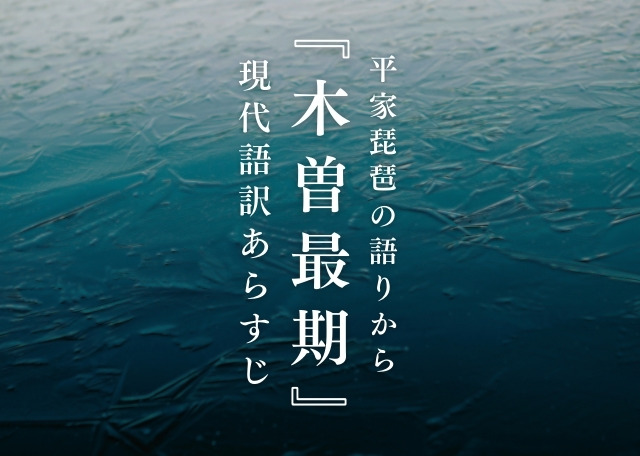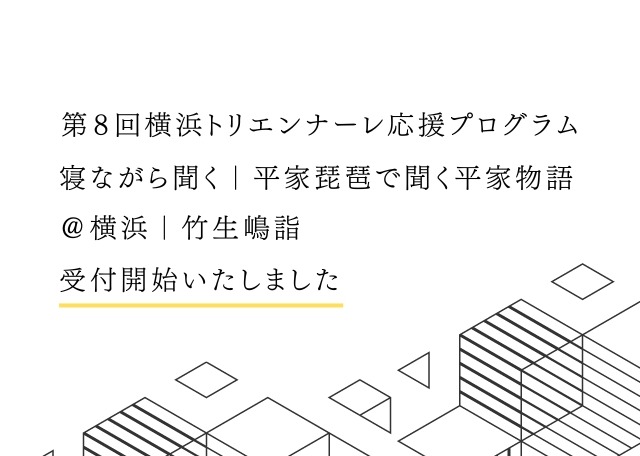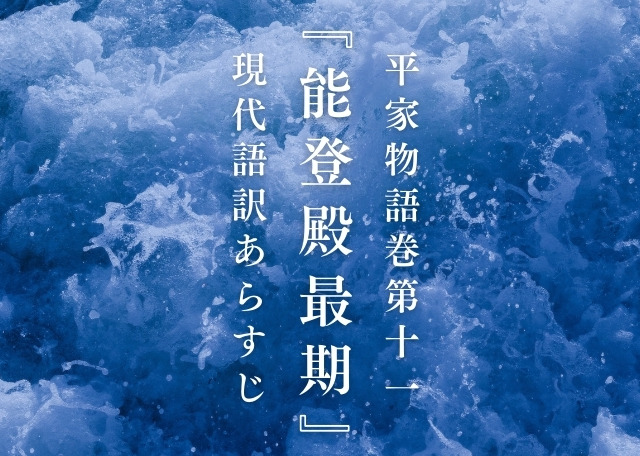Welcome to our site.
This is the website of MORINORI, which holds small Heikyoku (a performance of the Heike Monogatari accompanied by Heike biwa) concerts and lectures. On this page, we introduce a modern translation of the Heike Monogatari, Volume 10, “Kaidoukudari”. It’s not very good, but please take a look if you like.
If you are new here, please click here.
https://morinorijapan.com/welcome
About us
https://morinorijapan.com/about/
ATale of the Heike, Volume 10, “Kaidoukudari” – A Brief Summary
Tairanoshigehira, who has been captured, is ordered by Yoritomo in Kamakura to travel to Kanto. On the way, he passes many places of historical interest, and at Shinomiya-gawara he feels a sense of pathos as he looks at the scenery and the old straw-thatched floor where Semimaru once played the biwa. Shigehira crosses the Osakayama mountain range and continues on through beautiful scenery such as Shiga no Ura-nami and Kagamiyama. Eventually, he crosses the Hamanabashi bridge and is enveloped in the loneliness of his travels, with the cold wind blowing through the pine treetops and the sound of the waves lapping at the inlet. On the night he arrives at the Ikeda inn, he stays with a lady-in-waiting who is a daughter of Kumano. The lady-in-waiting, wondering why the middle-aged nobleman is staying in such a place, expresses her feelings in a poem, and Shigehira also composes a poem in reply. As he continued his journey, Shigehira gazed at Mt. Shirane in Kai and thought that he did not value his own life, but he also thought deeply about the fate that had allowed him to survive until that day. As the days passed, Shigehira eventually arrived in Kamakura.
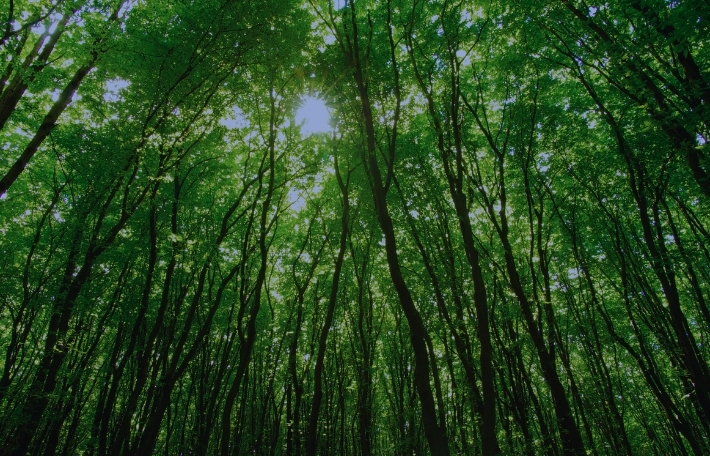
Tale of the Heike, Volume 10, “Kaidoukudari” – Full modern translation
*This is a modern translation of the text taken from the Heikyoku score “Kaidoukudari”.
Lord Shigehira, the third highest-ranking nobleman, was sent to the residence of Kuro-goshi by the hand of Jijiro Sanehira at the behest of Hyouenosuke(Yoritomo) of Kamakura. On the 10th day of the 3rd month of the 3rd year of the Juei era, he was accompanied by Kajiwara no Heizo Kagetoki and went down to the Kanto region. It was pitiful to think about how he, who was supposed to end his life in the western provinces, was captured alive and returned to the capital, and now had to go to the eastern provinces again.
When I thought of the old straw hut and its worn floor, the scenes of the past came rushing back to my mind, and I felt even more pity for him.
We crossed the Asakayama mountain range, trampling down the Karahashi bridge in Seta with our horses’ hooves, passed through the fields where skylarks soared high in the sky, crossed the Kagamiyama mountain range, which was shrouded in springtime mist as we gazed out at the waves of Shiga Bay, and headed north past the lofty peaks of Hira, with the Ibuki mountain range coming into view.
Although I did not pay much attention to it, when I saw the board fence of Fuwa Pass, which was in a state of disrepair but still had a sense of elegance, and the tidal flats of Narumi, my sleeves became wet with tears. In the area of the eight bridges of Mikawa Province, which Ariwara no Narihira gazed at while wearing a Chinese-style robe, I felt sad as I thought of it like a spider’s web.
When we crossed the bridge at Hamanako, a cold wind blew through the pine trees and we could hear the waves lapping against the shore. The journey was already enough to make one melancholy, but the loneliness was even more intense at dusk, when it seemed as if one’s heart would disappear. Eventually, we arrived at the inn at Ikeda. That night, the middle-aged nobleman stayed with the innkeeper’s daughter, a lady-in-waiting from Kumano. The lady-in-waiting, who had never even heard of the middle-ranking official before, was struck by the strangeness of his presence in this place, and composed a poem in his honor.
“How I long for my hometown, as I sit here in this humble hut made of red clay, far from home.”
The middle-ranking official composed a poem in reply.
“I do not long for my hometown. For my travels are not meant to be my final home.”
Afterwards, the third-ranking general summoned Kajiwara and asked him, “Well then, what is the name of the person who composed that poem, and what kind of person is he?” Kagetoki was embarrassed and said, “You don’t know yet? That person was the one the Minister of the Eight Lands took in when he was still the guardian of this country, and he was his beloved. However, he asked for leave to go, leaving his old mother behind, but was not allowed to go. I think it was around the beginning of the third month, but he said, “How can I bear to leave the spring in the capital, but I wonder if the flowers of my beloved homeland are falling,” and left the capital. He was the greatest master of the sea route.
Days passed since he left the capital, and it was already past the middle of the third month of the lunar calendar, and spring was coming to an end. The flowers on the distant mountains looked like lingering snow, and the bays and islands were shrouded in mist. As he continued to think about the future, the chūjō said, “What kind of karmic retribution has brought me to this?” and continued to shed endless tears.
His mother, Niidono, also lamented the fact that they had no children, and his wife, the Lady of the North, the Grand Minister Sadono, prayed to all the gods and buddhas, but to no avail. “You were wise. If we had had children, how much more painful it would have been,” he said, and that was the least he could do to console her.
As they approached the Sayano Nakayama, they could not imagine being able to cross it again, and their sorrow increased, and their sleeves became even wetter with tears. They crossed the path along the Utsu mountain ridge, which was covered in ivy, feeling lonely, and as they passed the Tego, they saw a mountain covered in snow in the distance to the north. When he asked, he was told that it was the Hakone Mountains in Kai. At that time, while holding back the tears that were falling, the third junior general composed a poem: “It is a life that is not to be regretted, but I have survived until today and have even seen the unkind Hakone Mountains.”
When Kiyomi crossed the barrier and reached the foot of Mt. Fuji, he saw lush green mountains rising up in the north, and the wind blowing through the pine trees made a rustling sound. To the south, the vast blue sea stretched out, and the sound of the waves lapping on the shore echoed endlessly.
As I passed over Mount Ashigara, I passed through the forests of Koyurugi, the Mariko River, the bays of Oiso and Iso, Yatsumata and Togihara, and finally Mikosagisaki, remembering the poem once composed by Ashigara Myojin: “If you are in love, you will not grow thin, even if you are not in love, you will still be alive.” Although they knew it wasn’t a rushed journey, the days gradually added up and they finally arrived in Kamakura.
▼Click here for a list of modern translations of the Tale of the Heike
*The Tale of the Heike is performed at concerts and lectures, etc., in modern Japanese translation.
https://morinorijapan.com/category/tale-of-the-heike/
Thank you for reading this far.
I hope to see you somewhere someday.

